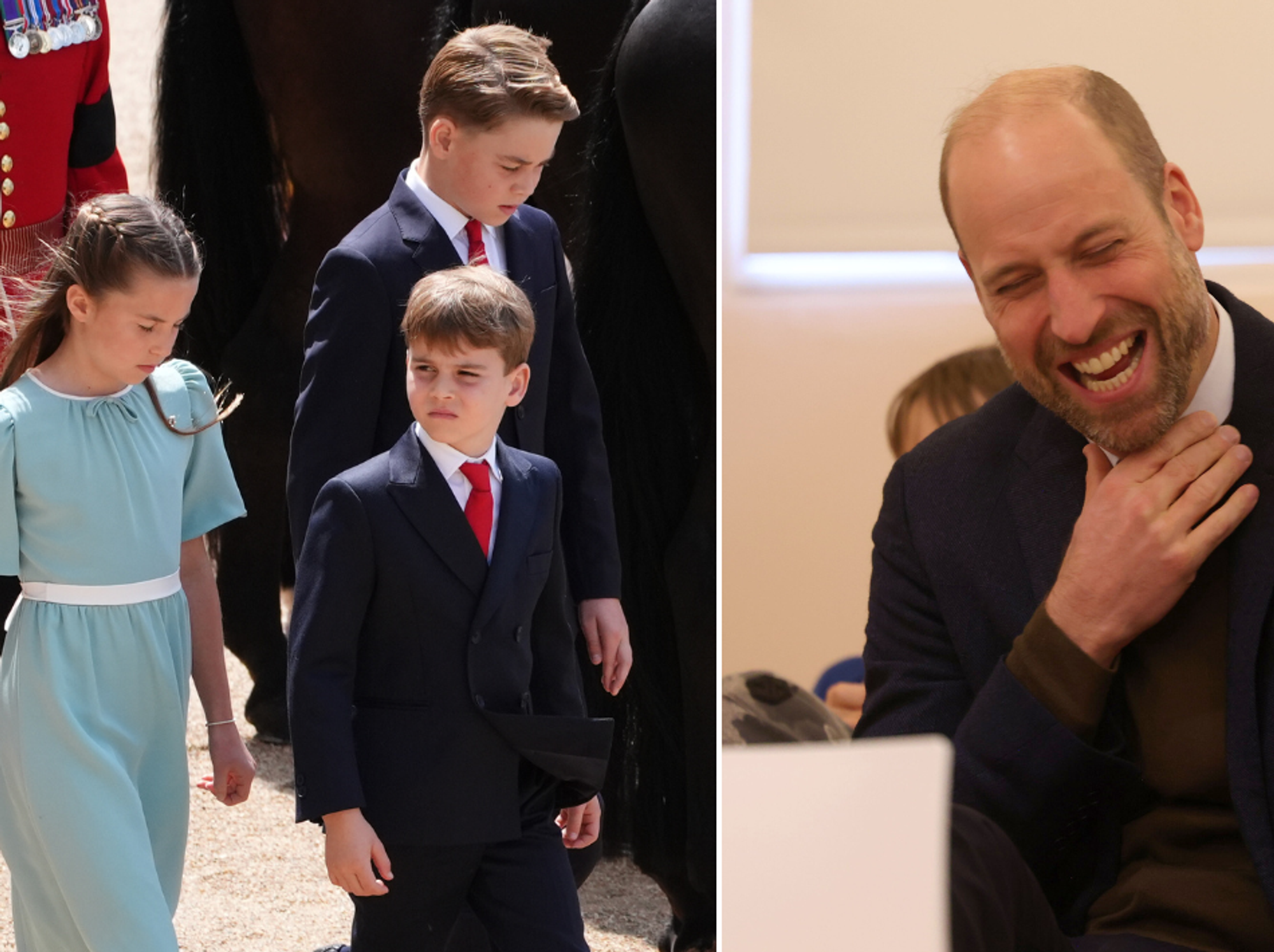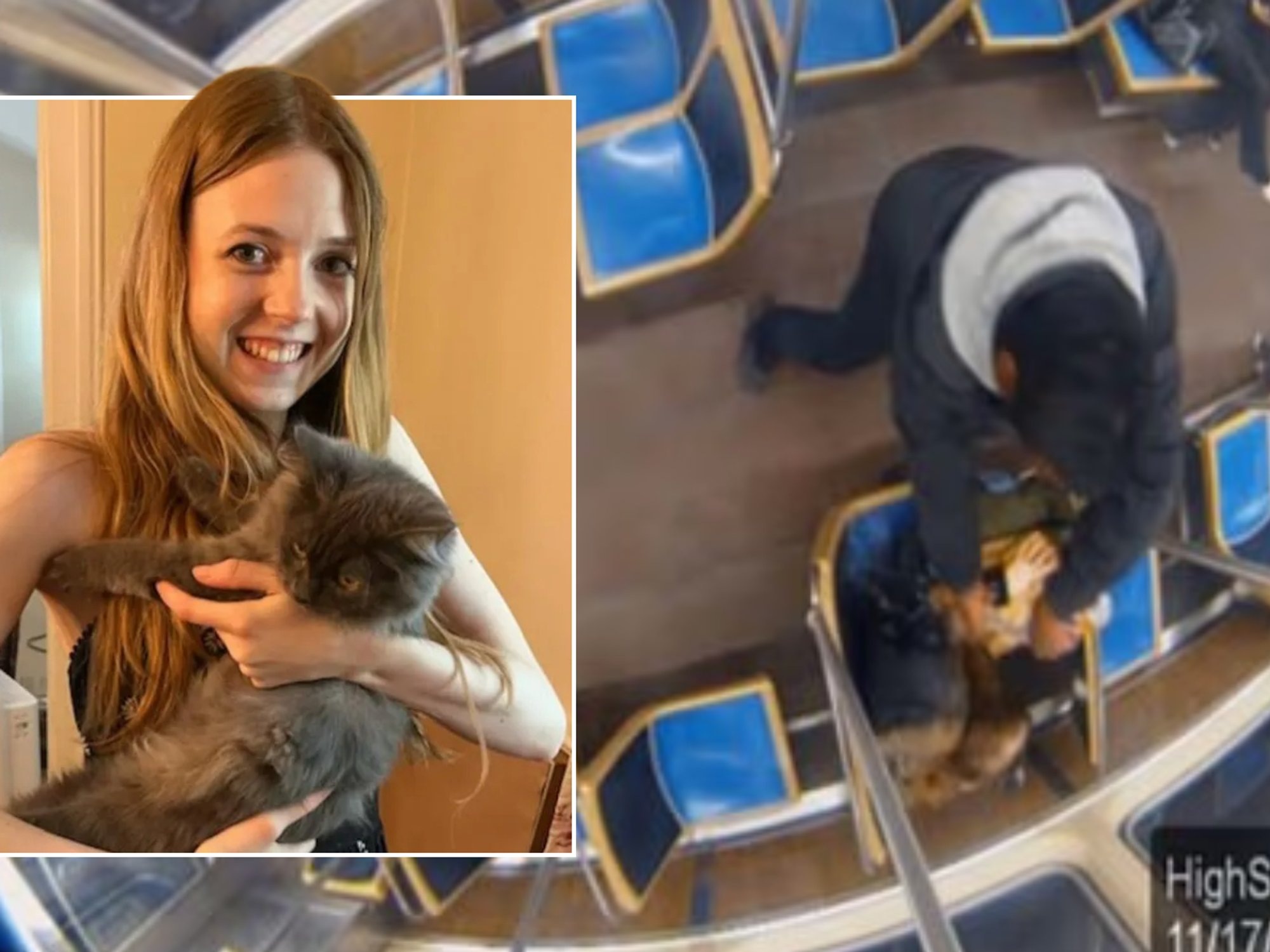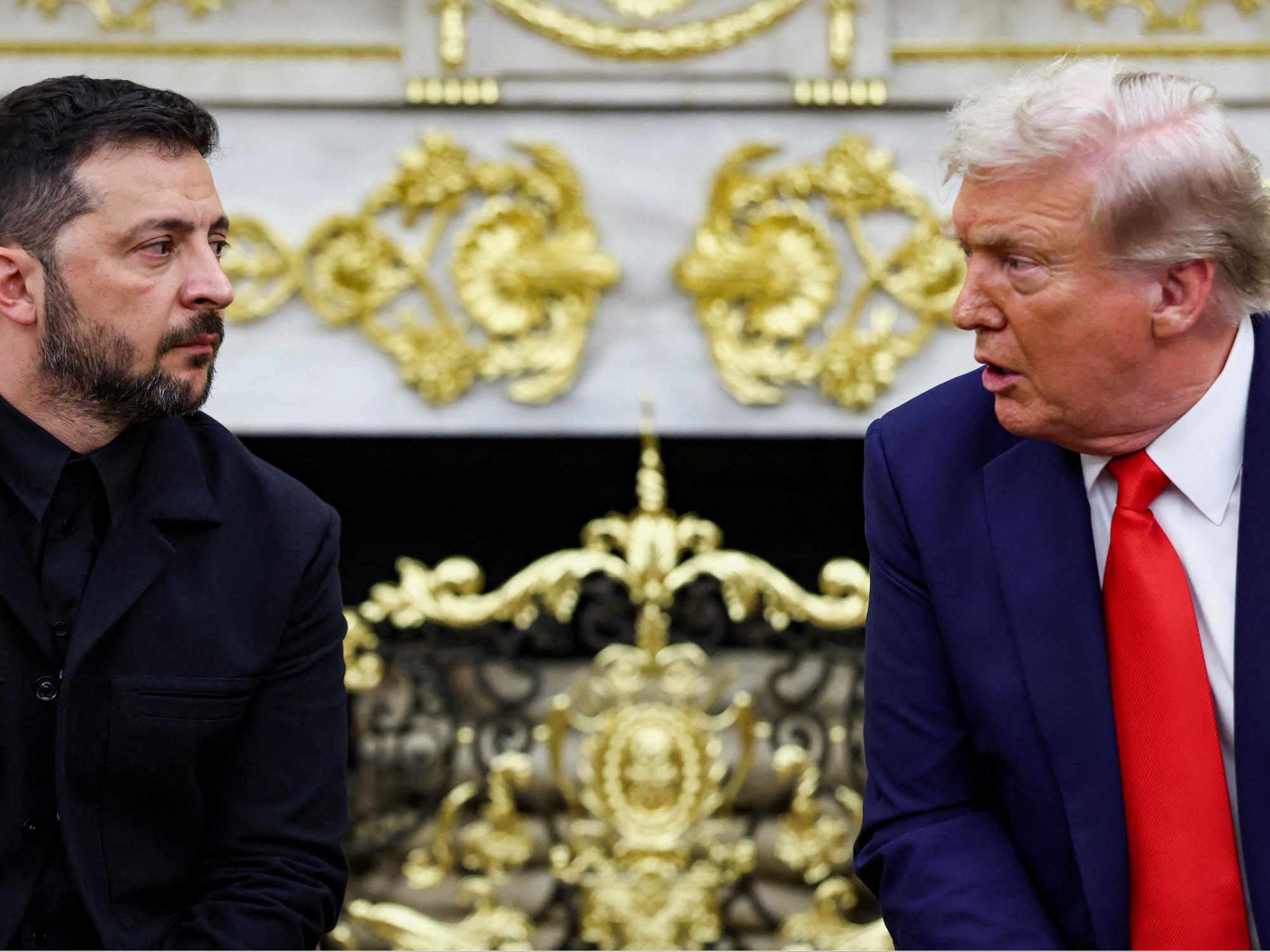'Keir Starmer's second 100 days must go better - the answer may be in what Tony Blair would have done differently'

Nigel Nelson has suggested Starmer's second 100 days could go better, thanks to the new Downing Street strategic communications chief
|PA

Nigel Nelson is Senior Political Commentator at GB News
Don't Miss
Most Read
When facing a ticklish and unwelcome problem Christians often ask: “What would Jesus do?”
The equivalent in Labour political circles is: "What would Tony do?"
This is not to equate Blair with a deity, but after a record three election wins, he is the nearest thing the party has to a saint. If the unfortunate venture into Iraq is set aside, that is.
I once asked a No10 spin doctor during the Blair era exactly what he did. He said: “I provide the water Tony walks on.” Biblical analogies were never far away.
Which opens up the question of what Blair would have done differently to the way Keir Starmer has handled his first 100 days?
For a start, he wouldn’t have hired Sue Gray as his gatekeeper. TB, as he was always known as PM, had his long time personal assistant Anji Hunter for that.
They had known each other since meeting in Scotland when she was 15 and they were both at school. After gaining a first in history and English from Brighton Polytechnic, Anji went to work for Blair and stuck with him through the Downing Street years.
And she did not just oversee the internal No10 operation. If Blair was out and about and likely to be filmed, Anji would insist on looking through the camera first to check there was nothing embarrassing in the background.
To anyone involved with politics in Westminster and Whitehall, Anji was well-known. To the general public it was a case of Anji who? And that was always going to be Sue Gray’s problem.
Gray was one of the most skillful behind-the-scenes Whitehall operators, and senior civil servants and top politicians have much to thank her for. But behind-the-scenes was where she wanted to stay.
When she was thrust into the spotlight as Boris Johnson’s lockdown party investigator that became impossible. Like it or not, and she didn’t, that made Gray a public figure.
The devastating report Sue Gray produced on Boris breaches was the beginning of the end for him. So media interest was always going to be high when she joined Starmer in opposition and became his No10 chief of staff in government.
And once it became clear Starmer had taken £32,000 worth of freebies, including clothes and specs, the question of why Gray did not stop him was bound to arise.
There were briefings against her and leaks from No10 about her £170,000 a year salary, £3,000 more than the PM. Gray was experienced and self-aware enough to know her position was becoming untenable.
This has all been well chewed over, so no need to make another meal of it. But, while in the middle of writing this, I was collared by a former Tory Cabinet minister who served under both Margaret Thatcher and John Major.
It was the first time for years we had seen each other and it was nice to catch up. “Are you writing about Sue Gray?,” I was asked. “I am as it happens,” I said. “Make sure you say Sue’s a good woman. She’s just not very political.” “Ok,” I said. “I will.”
Political nous is what the No10 machine has been lacking in the first 100 days of Starmer’s premiership. Good communications can’t stop a scandal, but they can go some way to limiting the damage.
Starmer should not have taken gifts, but having taken them he should have quickly come clean about all of them, and if he wanted to justify them he shouldn’t have given money back and if he was going to give money back he should have given back all of it.
That, I reckon, is the advice Tony Blair’s top spin doctor Alastair Campbell would have given him.
MORE FROM GBN MEMBERSHIP:
The new Downing Street strategic communications chief James Lyons knows Alastair as well as I do. If he can do for Downing Street what he did at NHS England, Starmer will be well served.
Alastair insisted that policy and presentation are two sides of the same coin - if a policy is to be successful then it must be sold properly. That means the communications team have to be in at the drawing up stage right from the start.
When cock-ups happen, and they always do in government, the comms people become the crisis managers. It is not a job that can be left to either civil servants or politicians.
And if Starmer now gives them a free hand to get on with it unhindered, he might find his second 100 days will be less tortuous than his first.










